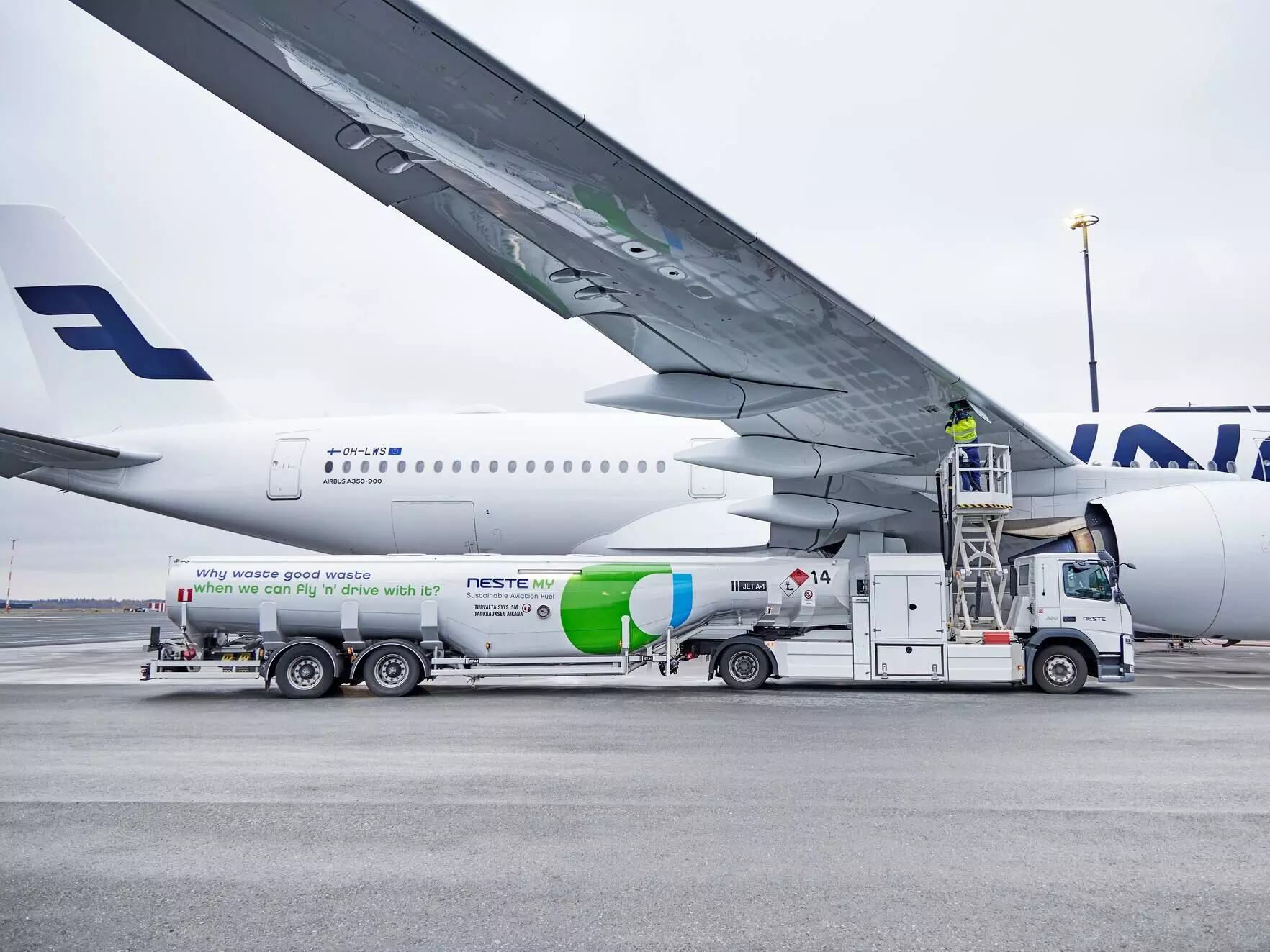
Belimo, Swiss WorldCargo and Lamprecht join for cleaner skies
Belimo’s SAF investment set to cut 650 tons of CO₂e in year one, showcasing supply chain collaboration in air freight.

Belimo Automation AG has joined forces with Swiss WorldCargo and Lamprecht Transport to reduce greenhouse gas emissions in international air freight by using Sustainable Aviation Fuel (SAF). The Swiss-based HVAC specialist said the initiative would mitigate around 650 tons of CO₂e emissions in its first year, with plans to increase the share of SAF use in the future.
The partnership highlights how shippers, freight forwarders and airline cargo divisions can collectively drive progress in decarbonising air logistics. By directly investing in SAF, Belimo underlined its commitment to sustainability and to taking responsibility for its environmental impact.
“Investing in SAF is not just about reducing emissions, it is about driving meaningful change with trusted partners,” said John Muncey, Head of Group Transportation at Belimo.
Lamprecht Transport oversaw logistics operations, while Swiss WorldCargo enabled SAF integration into its cargo processes. The certified fuel offers an immediate reduction in lifecycle emissions compared with conventional jet fuel.
“We are proud to be part of this joint effort,” said Gieri Hinnen, Head of Global Sales at Swiss WorldCargo. “Working hand in hand with like-minded partners allows us to take concrete steps towards more sustainable air logistics.”
The initiative strengthens collaboration across the supply chain and supports wider industry ambitions to expand SAF use and reduce the climate footprint of aviation.
Swiss WorldCargo, part of Swiss International Air Lines, provides specialised airfreight services for high-value and time-critical consignments. The airline has committed to halving its 2019 net carbon dioxide emissions by 2030 and achieving carbon neutrality by 2050.
Belimo, the global leader in HVAC field devices, has committed to the Science-Based Targets Initiative and is working to reach net-zero emissions by 2050. Its efforts include sustainable logistics partnerships that complement its portfolio aligned with the United Nations Sustainable Development Goals.

